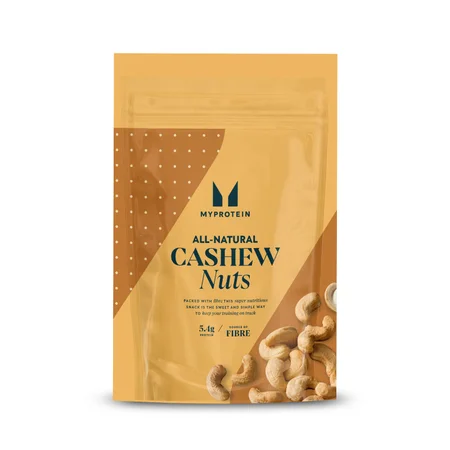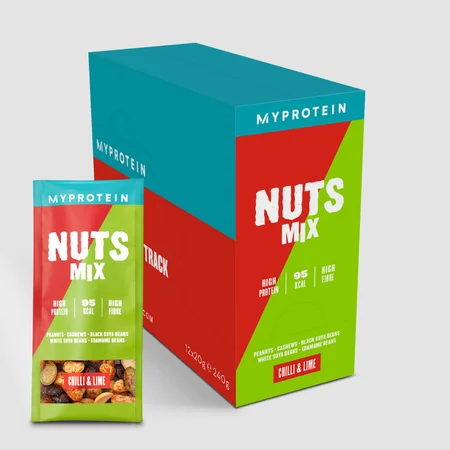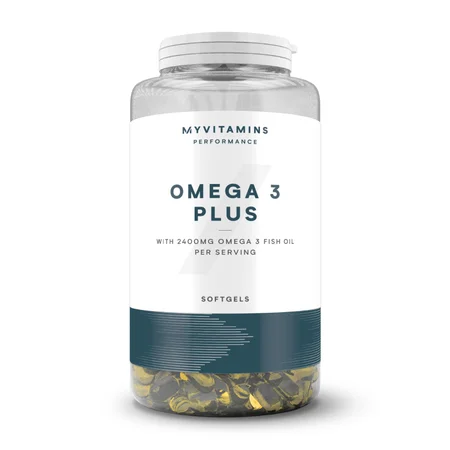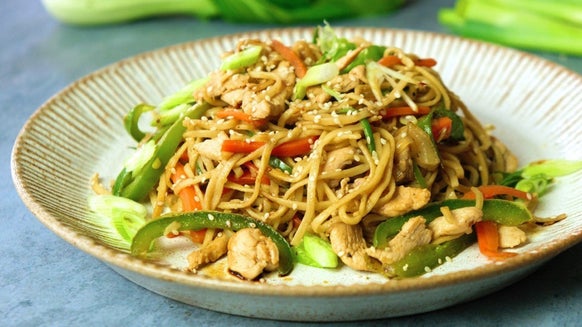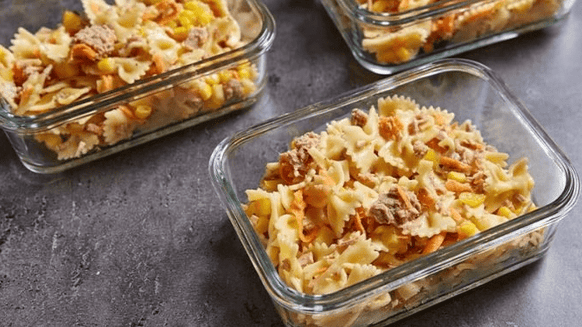Support Heart Health With Nutritionist-Approved Dietary Choices
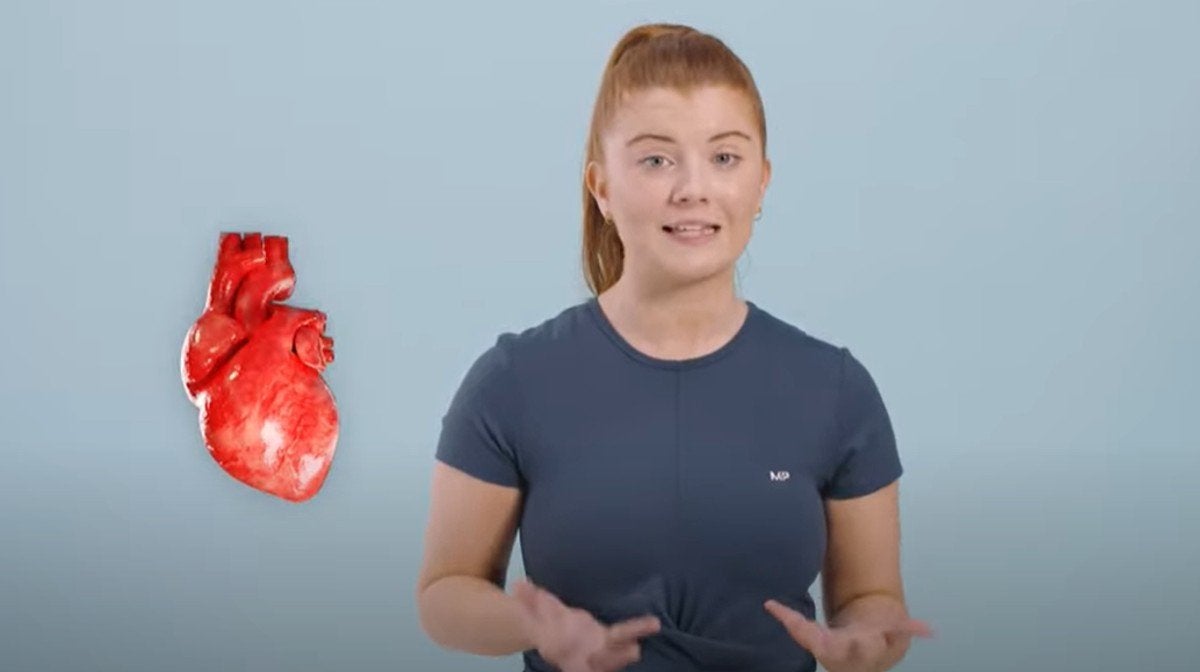
In terms of organs in your body, it doesn’t get much more important than your heart. It's vital that you look after it, and there are a few simple dietary choices that can help. Here are some tips approved by one of our own — Katie Brown, Nutrition BSc and product developer at Myprotein.
Before we get into it, it’s time for a quick science lesson. LDL cholesterol. This is outside the realm of GCSE biology, so give us a minute to break this one down. LDL stands for low density lipoprotein. It’s known as a villain in the cholesterol world, and understandably. LDLs carry cholesterol and deposit it in your artery walls. Over time this builds up and can lead to a whole host of heart problems.
LDL cholesterol should not be confused with HDL cholesterol (high density lipoprotein). They also carry cholesterol, but they take it back to the liver to be broken down rather than leaving it to clog up your arteries.
Now, let’s get into the good stuff.
Increase fibre intake
Fibre is like the hero that fights the nasty villain — the villain being LDL cholesterol. Soluble fibre (the sort that dissolves in the stomach and also builds a gel in the intestines) helps lower LDL cholesterol. It does this by forming a barrier (the gel) that stops LDL cholesterol getting through the intestines and into the bloodstream.
A 2016 review found that increasing intake of whole grains by roughly one portion a day will increase your fibre intake and therefore potentially lower the risk of heart disease.
The recommended daily fibre intake is 30g a day, with great sources including dried fruit, nuts, beans, vegetables and whole grains.
Increase stanol intake
When your parents told you to eat your greens, they were right. They might not have known it, but plants naturally contain stanols, which work to reduce cholesterol levels by binding to cholesterol sites in the body. They also have a similar chemical structure to cholesterol, which helps to reduce cholesterol absorption in the gut.
Balance salt intake
A portion of golden, salty chips is unmatched. But you can have too much of a good thing. Salt is fine in moderation, but if you’re making a habit of sprinkling salt on every meal, maybe reconsider. Salt can increase your risk of stroke and cardiovascular disease by increasing your blood pressure. Adding potassium to your diet could mitigate this effect. Praise be to bananas.
Increase Omega 3s
A healthy intake of omega-3s never hurt anyone. In fact, they can work to keep your heart happy by reducing blood pressure and increasing the stretchability of your blood cells, helping to maintain a healthy blood flow.
UK guidance says you should try and consume at least two portions of fish a week, at least one of which should be oily. But salmon and other fish can be spenny, and if you’re not made of money, supplements can be a huge help.
CoQ10
This one's a bit complex, so we’ll hand over to Katie …
Take home message
Health problems in general are no joke, so keeping your heart in tip-top condition is a no-brainer. If you have any symptoms of heart disease or any other heart-related problems, please speak to your doctor.
Otherwise, for a healthier diet, follow these nutritionist-approved tips from Katie.
For more science-backed nutritionist information, check out the Myprotein YouTube channel.

